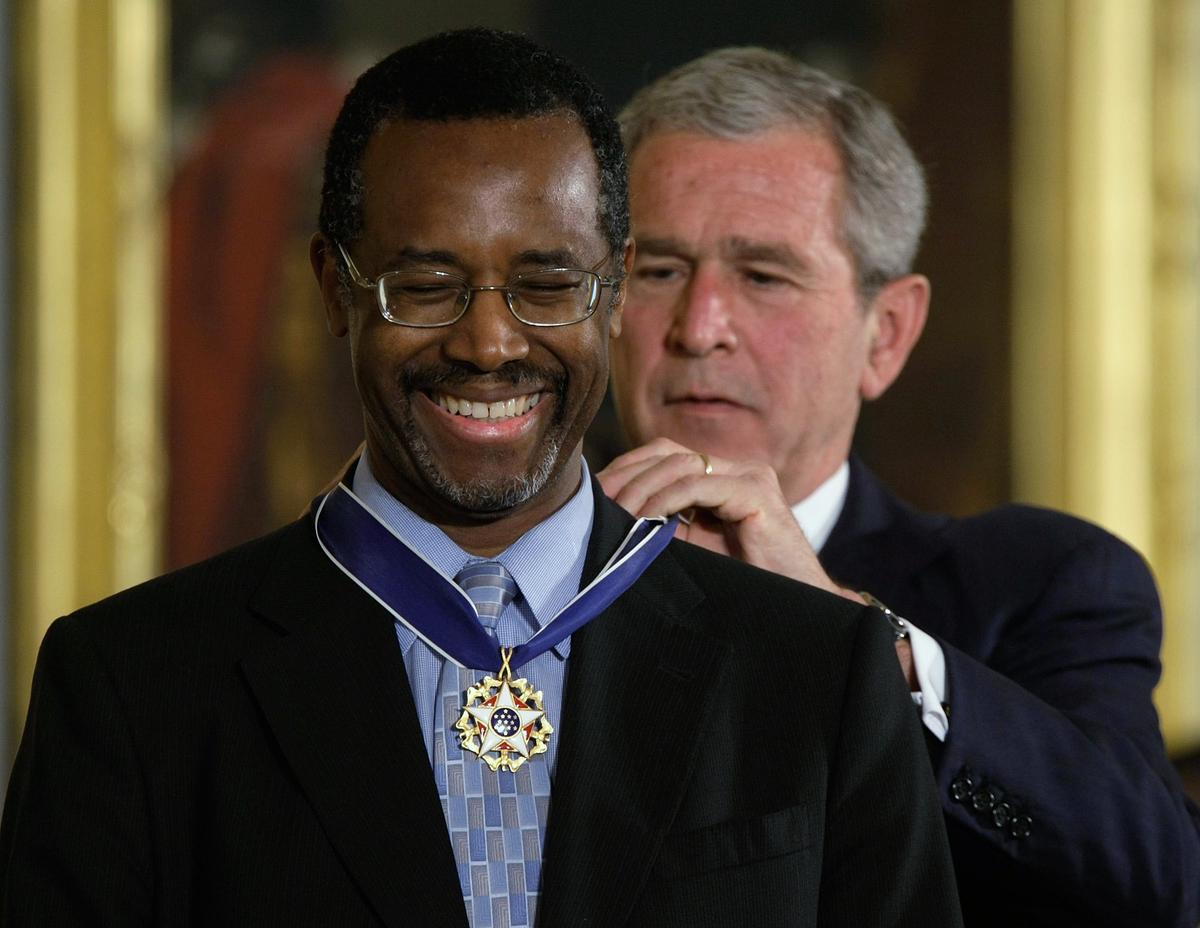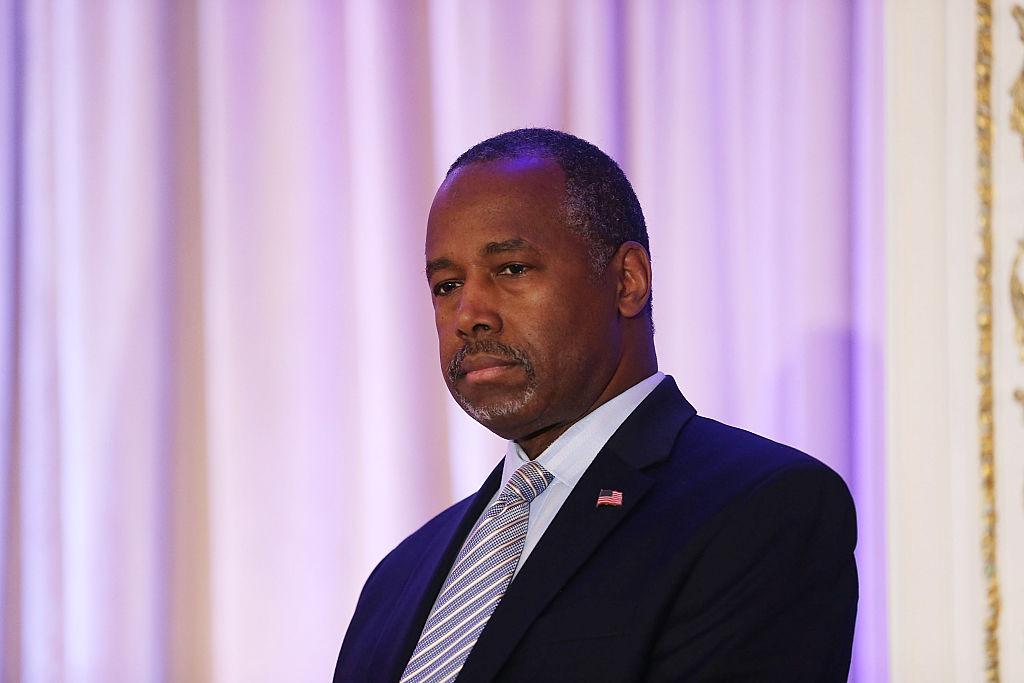WASHINGTON—As Donald Trump’s nominee to be secretary of Housing and Urban Development, Ben Carson’s life story could inspire those working toward the American dream of home ownership and financial security.
But the former Republican presidential candidate has no prior experience in elected or appointed government office, or managing an organization with a multibillion budget and thousands of employees. In his writings and public statements, Carson has also often voiced little empathy for those who depend on some of the same social welfare programs that aided his own climb out of poverty.
A retired neurosurgeon, Carson has often recounted his childhood as the son of a single mother in inner-city Detroit. In his 1996 autobiography “Gifted Hands,” Carson wrote of the humiliation he felt using food stamps from his mom to pay for bread and milk, and said he began to excel at school only after receiving a free pair of glasses that allowed him to see the lessons written on chalk boards.
After Carson’s mother and father divorced, she received a small house in the settlement. But as her financial situation deteriorated, Carson and his siblings were forced to move into a succession of tenements and apartment buildings, some of which he described as having “hordes of rats” and “armies of roaches.”
Carson, 65, has not said publicly whether his family ever lived in federally funded housing or received Section 8 subsidies to help pay rent, but as a political figure he has criticized such public assistance programs for creating “dependency” on the government among low-income blacks.






